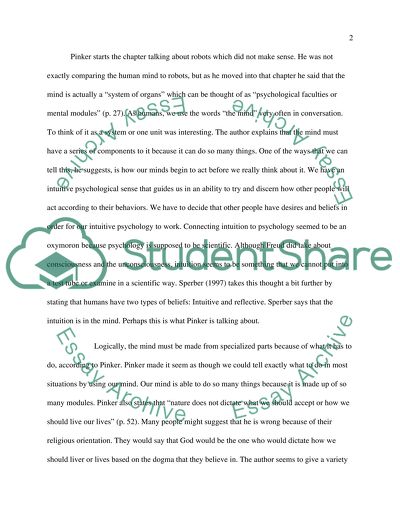Cite this document
(“Book Opinion Paper on How the Mind Works, Steven Pinker Report/Review”, n.d.)
Retrieved from https://studentshare.org/family-consumer-science/1423718-book-opinion-paper-on-how-the-mind-works-steven
Retrieved from https://studentshare.org/family-consumer-science/1423718-book-opinion-paper-on-how-the-mind-works-steven
(Book Opinion Paper on How the Mind Works, Steven Pinker Report/Review)
https://studentshare.org/family-consumer-science/1423718-book-opinion-paper-on-how-the-mind-works-steven.
https://studentshare.org/family-consumer-science/1423718-book-opinion-paper-on-how-the-mind-works-steven.
“Book Opinion Paper on How the Mind Works, Steven Pinker Report/Review”, n.d. https://studentshare.org/family-consumer-science/1423718-book-opinion-paper-on-how-the-mind-works-steven.


